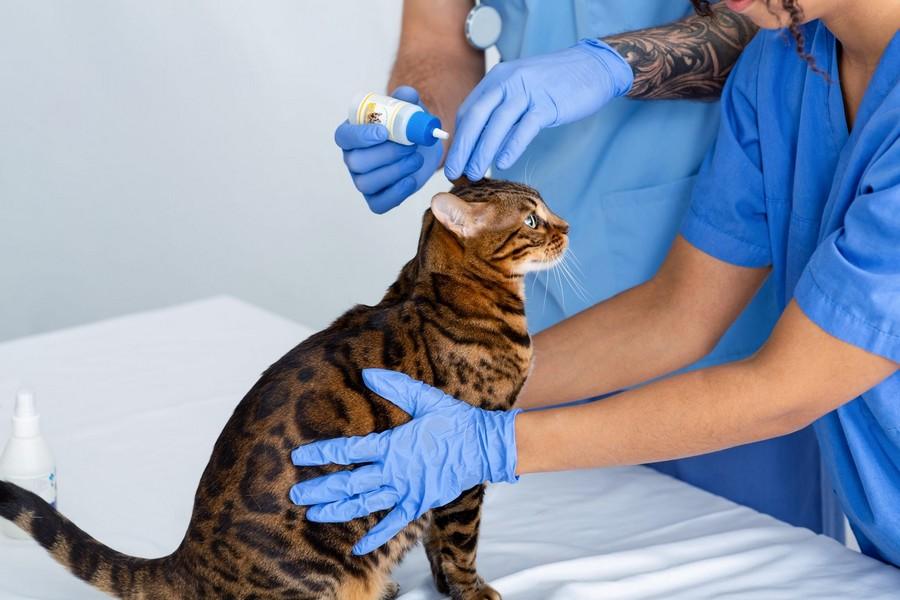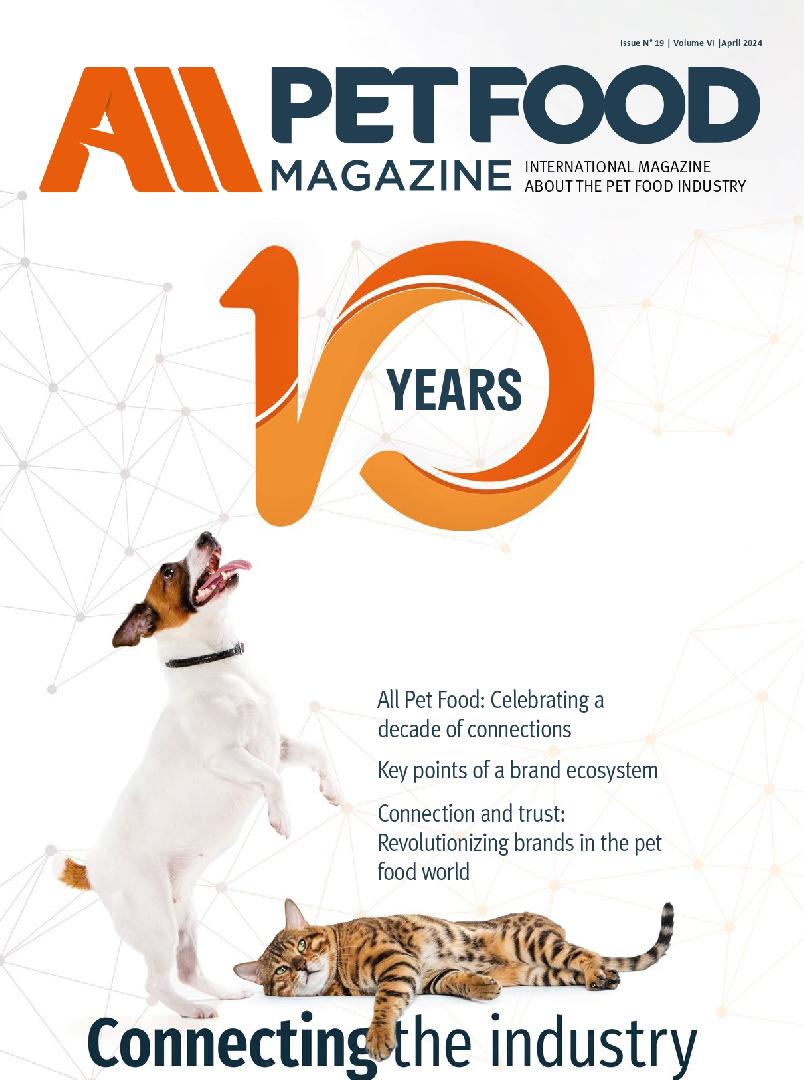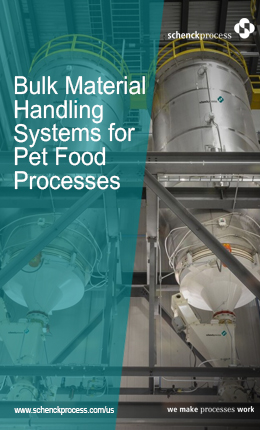What do you think of when you hear the term artificial intelligence? Skynet running the world? Computers replacing humans? It's becoming a pretty well-known concept, with a plethora of movies and novels devoted to it. But, of course, AI is already all around us. It's in the e-passport system at the airport – recognizing your facial features and matching them to the photo in your travel documents. It's at work when Netflix recommends TV programs similar to those you've already watched. It's Alexa and Siri and the thing in your smartphone's camera that can tell what's a face, and what's not.
But, what if humans want computers to give them an answer, but don't know how to program them to get it? This is where machine learning comes in. Machine learning is a particular type of AI, in which computer systems use large amounts of data to spot patterns which aren't easily seen by the human eye – at least, not without many decades of hard work and analysis. Rather than working according to instructions set by a person, the computer tests its own algorithm - refining and improving it until it's as accurate as possible.
Spot the difference
Here's an analogy. I expect you'd easily recognize a picture of a Dalmatian dog if I showed you one. You've probably seen quite a few, either in real life or in movies. But what features are your brain recognizing to tell you it's a Dalmatian? White fur with black or brown spots – definitely. But there are other dogs with those markings that are clearly not Dalmatians. Their ears may be a different shape, their coat longer or their tail shorter. You may not consciously realize it, but what you've learnt through experience is coming together for you to distinguish between 'Dalmatian' and 'not Dalmatian'. Your brain, a complex neural network, has developed a kind of algorithm and refines it through experience to come to a more accurate conclusion.
However, if I showed my almost-4 year old daughter a picture of any white dog with black spots, she'd say it was a Dalmatian for sure. Due to her age she's just not as experienced in detecting the other features which you would use to tell apart one breed from another. You might say her algorithm is just not sufficiently refined yet! In machine learning, computers learn from data and use artificial neural networks to identify patterns or relationships between different variables to make predictions or decisions - but with minimal human intervention.
Big data
Machine learning is being used in human healthcare for diagnosis, prognosis and to make treatment decisions. For example, machine learning has been used to predict mortality of patients admitted to an Intensive Care Unit and calculate their likely length of stay. But to do this kind of work requires access to large datasets. In pet health, this has been a real challenge.
Traditionally, clinical data about pets have been siloed in many different places; within individual veterinary hospitals, diagnostic providers and pet owner records. There is no single database to store and compare health records, and data on individual pets are often incomplete due to lack of regular vet visits. At Mars Petcare, we have the big data to change this. Our veterinary health group has over 1800 hospitals across the US and more than 250 across the UK and continental Europe.
The integrated information collected from millions of pets as they visit a hospital, have tests carried out and receive treatment provides an unparalleled opportunity for research in data science. Through our Pet Insight Project - utilising Whistle FIT activity trackers synced to Banfield hospital data - we are even working out how patterns in behaviour can indicate a possible health issue at an early stage. We're now bringing this to life in another way; applying machine learning techniques to our big data to develop a predictive test for feline chronic kidney disease.
Turning ideas into reality
Between 8 and 31% of geriatric cats suffer from chronic kidney disease (CKD), a debilitating illness for which there is no known cure, and is a common cause of death. Current diagnosis of this complex disease only occurs once at least 40% of the kidney is damaged. This makes intervention and treatment challenging. The goal of any therapy is to slow down the rate of further kidney damage and is usually tackled with modified diets – with adapted protein levels and lower in phosphorus than regular cat foods - and medications to reduce the side effects of kidney dysfunction, such as high blood pressure. But it can be frustrating for vets and cat owners to know they've come into the game rather late. Imagine if cats who were at risk of developing this condition could be identified earlier, before the kidneys have become so extensively damaged.
Using machine learning on routinely collected clinical data and veterinary medical records from Banfield hospitals - incorporating 700,000 visits from more than 100,000 cats over the last 20 years - we have developed a novel algorithmic tool that can accurately predict the likelihood of onset of CKD up to 3 years before the appearance of clinical signs. This will give vets and owners the power to take steps to intervene much earlier in the disease process. Of course, the skilled physical examination and clinical history taken by the veterinarians will still be an irreplaceable part of the process, and it will be veterinarians who work with their clients to identify which cats would benefit from the algorithm. Few pet owners, I suspect, want their vet to be replaced by a computer!
At Mars Petcare, this is a way of improving pets' lives that is clearly aligned with our purpose: A Better World for Pets. Our research in this area is ongoing and there's a real sense of excitement about the potential of this approach. And for individual pets - thanks to machine learning, their future health is fast becoming something we can predict better than ever before.
by Darren Logan - Head of Research, WALTHAM at Mars Petcare
You could be interested: Cats’ noses appear to function like powerful aroma analysis equipment



























































